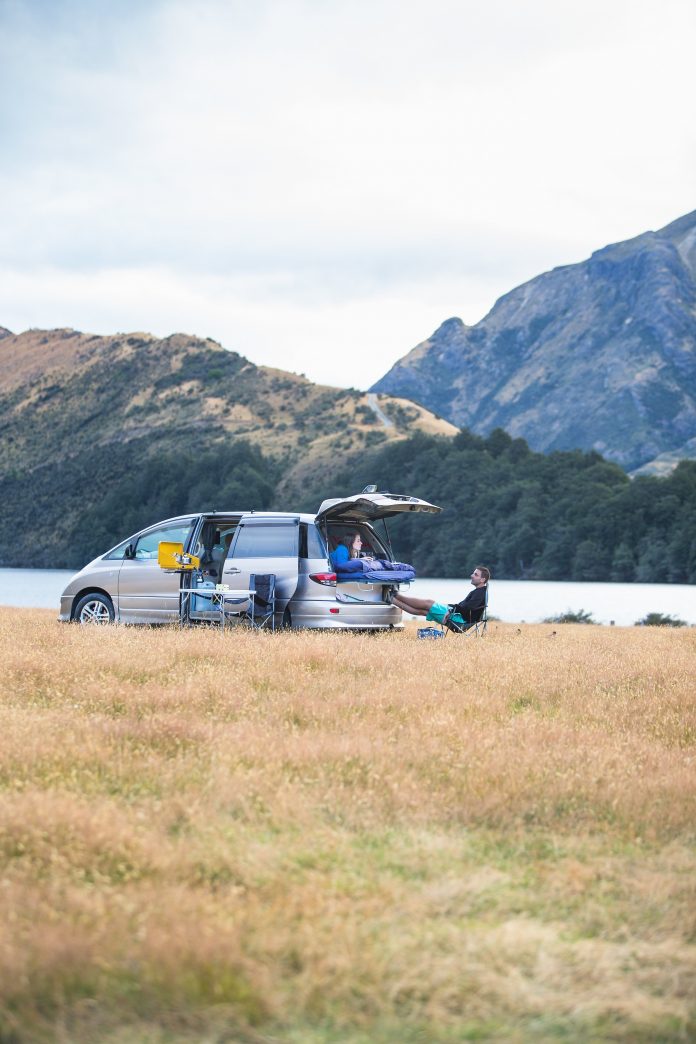The Central Otago District Council is adopting a ‘‘wait and see’’ approach to freedom camping this summer, monitoring the impact of the new legislation changes.
Introduced into law in June, the Self-contained Motor Vehicles Legislation Act amended the Freedom Camping Act 2011 (Freedom Camping Act) and the Plumbers, Gasfitters and Drainlayers Act 2006 (the PGD Act), bringing in a nationwide default rule prohibiting nonself-contained vehicles from freedom camping on land owned by local authorities.
Councils can deviate from the default position and implement bylaws which allow non-self-contained vehicles to freedom camp in certain areas; or to prohibit, or place restrictions on freedom camping in certain areas, such as limiting the number of consecutive days someone can camp in a certified selfcontained vehicle in a particular area.
However, at last week’s Central Otago District Council meeting in Alexandra, parks and recreation manager Gordon Bailey told councillors a bylaw could be introduced to help manage the effects of freedom camping on council land.
More information might be needed before one could be developed, he said.
The CODC started monitoring freedom camping in 2019 — at the same time the government offered additional support to councils for enforcement and monitoring — and data showed 40% of freedom camping complaints received related to issues on non-council owned land. Other complaints related to rubbish and length of stay.
These on their own were unlikely to be enough to reach a threshold for implementing a bylaw under changes to the Act, Mr Bailey said.
With border restrictions scrapped and an influx of visitors returning to the region — both holiday makers and seasonal workers — as well as the legislative changes, the council would need to keep a close eye on the impacts of freedom camping, Mr Bailey said.
‘‘It would be useful to monitor over the summer any effects or issues we can use to determine whether a bylaw is required or not,’’ he said.
‘‘In the interim we do have some mechanisms we can control for recidivist campers if we needed to.’’
Deputy mayor Neil Gillespie questioned how regulations would be enforced on noncouncil owned sites during this summer period.
‘‘What’s going to happen is we’re going to get people coming back to [Central Otago] again this season.
‘‘It’s the first time in four [years] where we are going almost back to the . . .old normal, we’ve got campervans, we’ve got the vans all over the place and we know what happened last time — no enforcement.
‘‘We helped out with some eventually, we got some money from another government department — that’s not there any more. Rubbish bins, all those things, we’re going to cop it in the neck,’’ he said.
The council agreed to monitor the effectiveness of the legislative changes and enforcement provisions over the 2023-24 season, including any public feedback on freedom camping and any camping-related impacts on council owned land.
It will receive the information in a report at its April meeting before determining if it should proceed with a bylaw.





